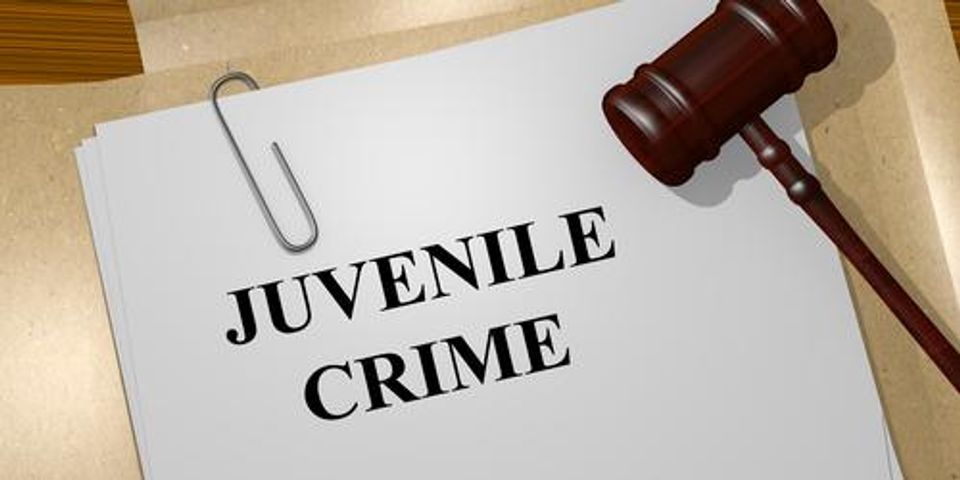Wisconsin Attorney Addresses Common Questions Concerning Juvenile Offenses

As a parent, it can be alarming to find out your child has been arrested. Particularly if you have never dealt with it before, this situation is likely to bring up a variety of questions. The attorneys at Scott & Heenan LLC are well versed in criminal law and have represented many young offenders who are facing delinquency charges. Serving residents throughout Grant County, WI, the experienced legal team has extensive knowledge of the special procedures used to handle adolescent crimes and helps parents understand what they need to know about the juvenile justice system. Below, they address some of the most common inquiries they receive regarding juvenile offenses.
Local Attorney Answers FAQs About Juvenile Crimes
What Is a Status Offense?
Status offenses are specific to the age of an individual at the time a delinquent act takes place. Examples of these types of transgressions include the purchase of cigarettes, the possession and consumption of alcohol, truancy, and violating curfew. These are deemed infractions in an effort to protect minors from the harm such activities can inflict.
What Is a Juvenile Delinquent?
 A juvenile delinquent is typically an adolescent between the ages of 10 and 18 who has participated in behavior that violates the law. Juvenile infractions are usually separated into two categories: status offenses and more serious acts that are considered a crime when committed by adults. In either case, it’s wise to seek counsel from an attorney.
A juvenile delinquent is typically an adolescent between the ages of 10 and 18 who has participated in behavior that violates the law. Juvenile infractions are usually separated into two categories: status offenses and more serious acts that are considered a crime when committed by adults. In either case, it’s wise to seek counsel from an attorney.
Who Goes to a Juvenile Court?
Though the answer to this can vary depending on the state, generally speaking, minors between the ages of seven and 15 are most commonly sent to juvenile court. Those between 12 and 18 years old fall within the age range for juvenile court but are increasingly being tried as adults when serious crimes are committed. Children under seven aren’t usually taken to court, but their parents may be held liable for their wrongdoing.
What Happens When Charges Are Filed Against a Minor?
When charges are filed against a juvenile offender, they will go through an arraignment to be formally charged in front of a judge. Then, the court will set a hearing date, and the minor will enter a plea. If the case moves to trial, a judge is likely to have one hearing in which they are presented with all the evidence before making a verdict. If the minor is found guilty, they will be sentenced and often required to report back from time to time so the court can track their progress.
If your child has been accused of a crime, it’s crucial to consult with an attorney who is familiar with the juvenile court system. The legal team at Scott & Heenan LLC is known for providing effective defense strategies in cases involving young offenders. They work hard to achieve favorable outcomes that prevent convictions and minimize the impact on each client’s future. Contact them at (608) 348-9506, or visit their website for additional information on the services they offer.
About the Business
Have a question? Ask the experts!
Send your question

